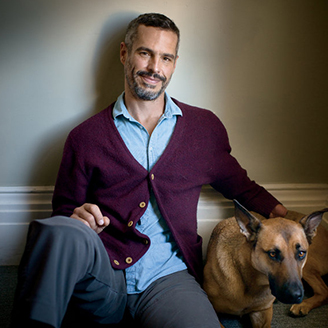What do oncologists have against palliative care ….?
If you regularly attend AnCan’s virtual chat support groups, you are sure to know that whatever the condition, we frequently recommend palliative care … almost anytime and place we can.
And NO – palliative care is not about dying – it’s about preserving Quality of Life. Some of the smarter institutions have figured that changing the name to an acronym like Symptom Management Service at UCSF or Supportive Care at Memorial Sloan Kettering may account for greater acceptance and higher quality. It may also explain why these two institutions are among the best in the biz. Others like City of Hope, that still keep Palliative in their name, struggle to make palliative care easily available to their patients.
A recent article in Hospice News reports that “Cancer Patients Often Not Referred to Palliative, Mental Health Care”. Amongst 240 surveyed oncologists, only 17% referred their patients to palliative care early in the disease process. Yet many studies show that the earlier a patient is referred to palliative care, the better the outcome – especially for cancer. On more than one occasion at the same NCCN hospital, AnCan has had to navigate a participant to self refer to palliative care in order to receive treatment. In one instance, this even involved the Chief Medical Oncologist.
Given the underpinning principle in medical ethics of ‘Do No Harm’, essentially embodied in the Hippocratic Oath, how can this be?
At AnCan, we have a theory, we see this as a control issue. For some oncologists, and maybe other specialties who might collaborate with palliative care too, they are uncomfortable sharing patient management with other docs in essential areas like palliating comorbidities. While palliative care physicians are required to stay up on developments in pain treatment, antiemetic (nausea) drugs, and other forms of supportive care, oncologists have their heads buried in cancer care.
AnCan is very fortunate to have Dr. BJ Miller, one of the foremost palliative care gurus in the US, on our Advisory Board. If you doubt that, BJ’s TED Talk is now up to 14.6 million views! Dr.Miller now practices his profession from his own organization, Mettle Health; his services have comforted several AnCan participants. So we thought we would ask Dr. BJ Miller for his view on an issue he has lived with for many years …..
” I think medical training is part of the problem, as is confusing messaging around what is palliative care. and i agree that a piece of the problem is related to control, and, related, misunderstandings about how palliative care works (ie, as an additional layer of support that makes the treating physician’s life easier as well as his patients’; not a service that will steal your patient away or somehow undermine your authority).
and then there’s the culture of medicine, where death is the enemy and suffering is just part of the cost of doing business; and where medical issues are taught as separate from the psychosocial and spiritual issues a patient faces.
lastly, medicine generally does not include the caregiver/family in the equation, where much of the suffering happens.” …….. Tx BJ!
Sharing patient management may not come naturally to many physicians, especially if not part of their institutional culture. At AnCan we say, let the doctor most specialized in each aspect of care take responsibility for it on behalf of the patient. When inappropriate doctors stand in the way, the patient suffers.
Of course, AnCan is a patient driven organization ….. we welcome a response from other docs to explain what we are missing!

